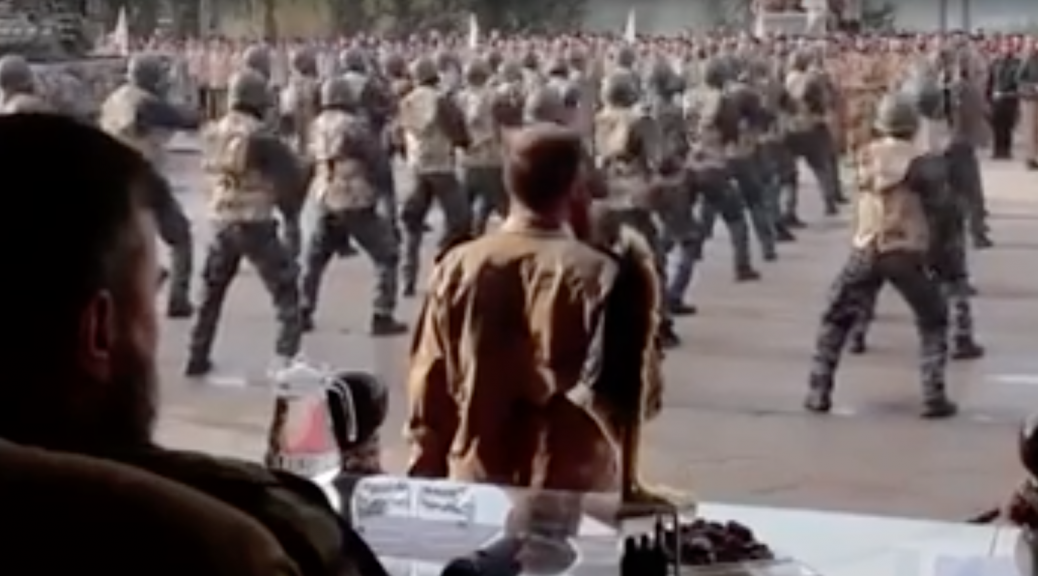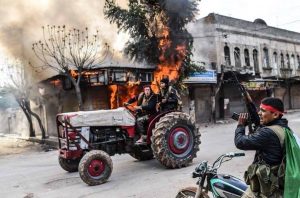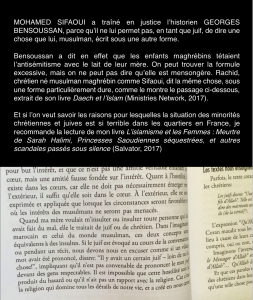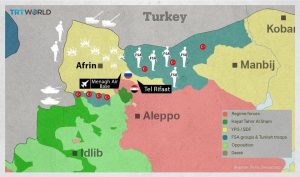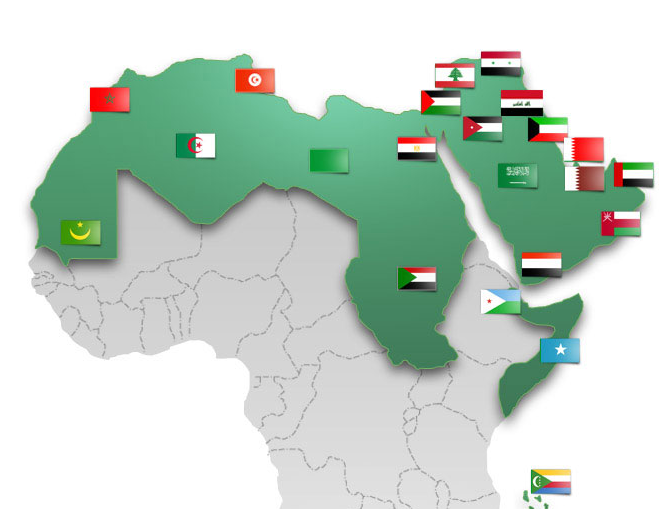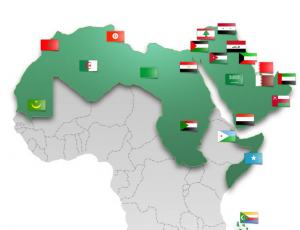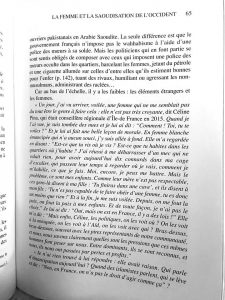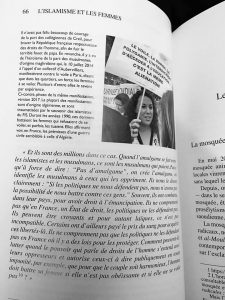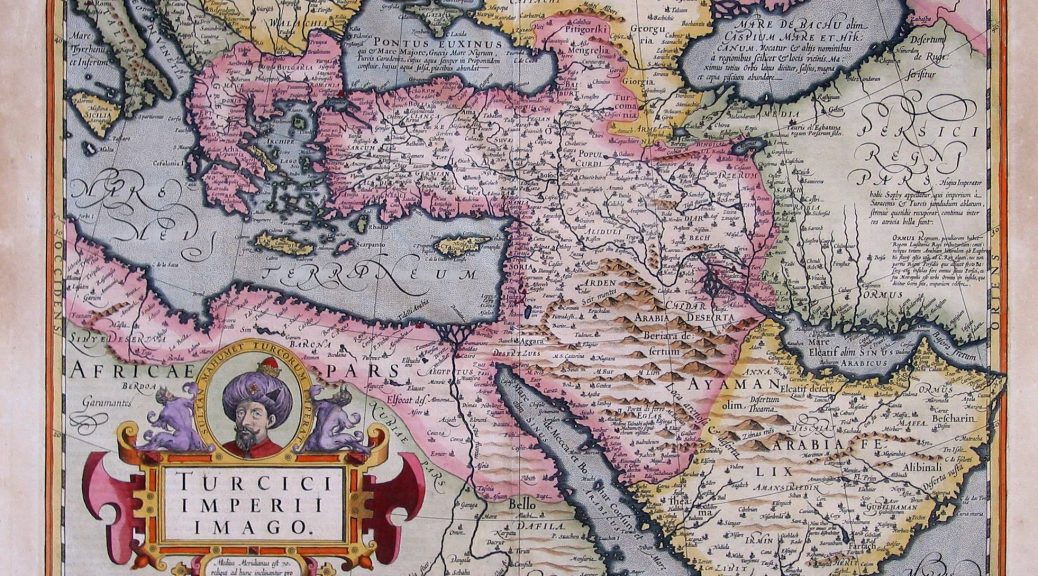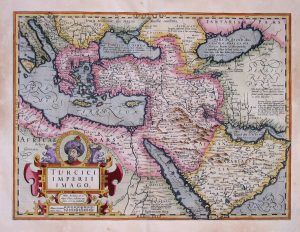Le pillage d’Afrin par les alliés d’al-Qaïda et de la Turquie: l’ASL (Armée Syrienne Libre). L’ASL, ce sont les déserteurs sunnites et islamistes qui refusaient le gouvernement alaouite. Ce sont eux qui, les premiers, ont diffusé des vidéos d’égorgements (de policiers syriens en l’occurrence) , et même, une vidéo dans laquelle un de leurs chefs pratiquait le cannibalisme, mangeant le cœur d’un soldat syrien en faisant crier “Allahou Akbar!” par ses hommes. Ce sont eux que l’Occident appelle “opposition modérée” et a financés et armés contre l’armée nationale qu’ils avaient désertée.
Quelques mois plus tard, ils obtenaient une fatwa leur ordonnant de faire le djihad, fatwa qu’ils exhibent toujours. Leur sincérité quand ils prétendaient avoir déserté par patriotisme, a été vite prouvée par le fait que la plupart d’entre eux ont déserté l’ASL parce qu’al-Qaïda, venue d’Irak fonder la branche syrienne al-Nosra, leur offrait davantage d’argent.
Les reporters occidentaux et orientaux ayant rapporté l’existence de ce pillage généralisé de la malheureuse ville syrienne tombée aux mains des Turcs, la direction de l’ASL s’est dépêchée de publier un communiqué interdisant le pillage……… mais le djihad n’implique-t-il pas le pillage des vaincus ? C’est la charia qui le stipule, ajoutant que les femmes et les enfants font partie du butin.
En l’occurrence, l’armée turque, qui donne tout de même les ordres, n’en est pas revenue au stade de barbarie de l’ancienne Turquie ottomane d’avant les Tanzimat, où le butin était la loi officielle, qu’on faisait sans se cacher — et qui est la loi de l’ASL, puisqu’elle a reçu une fatwa de faire le djihad, dans lequel le djihadiste sait que sa récompense sera soit le paradis, soit le butin.
Afrin, comme je l’ai expliqué précédemment, est une ville syrienne frontalière. En l’occupant, la Turquie en fait le clou qui empêche le raccordement des Kurdes de Turquie et de Syrie, la réalisation du Kurdistan, et qui auraient pu se réfugier en Syrie.
Contrairement à une légende répandue, les Kurdes, traditionnellement dans l’opposition, combattent avec le gouvernement syrien parce qu’ils ont, dès le début de la guerre de 2011, demandé et obtenu un nombre substantiel d’avantages, dont des promesses d’autonomie partielle. Les Kurdes d’Irak soutiennent leurs frères kurdes de Syrie, et le risque de voir les Kurdes raccorder le Kurdistan turc au Kurdistan syrien, était pour Erdogan un danger qui a justifié, à ses yeux, des massacres de Kurdes, non seulement près de la Syrie, mais dans d’autres régions de Turquie également. Et, plutôt que de perdre la partie kurde de Turquie, il a préféré envahir une ville syrienne.
(Photo publiée sur Twitter par la journaliste Jenan Moussa, célèbre pour ses reportages du côté des rebelles libyens et syriens.)
Lina Murr Nehmé, 21 mars 2018
Email Twitter Facebook Pinterest Google+ Linkedin
